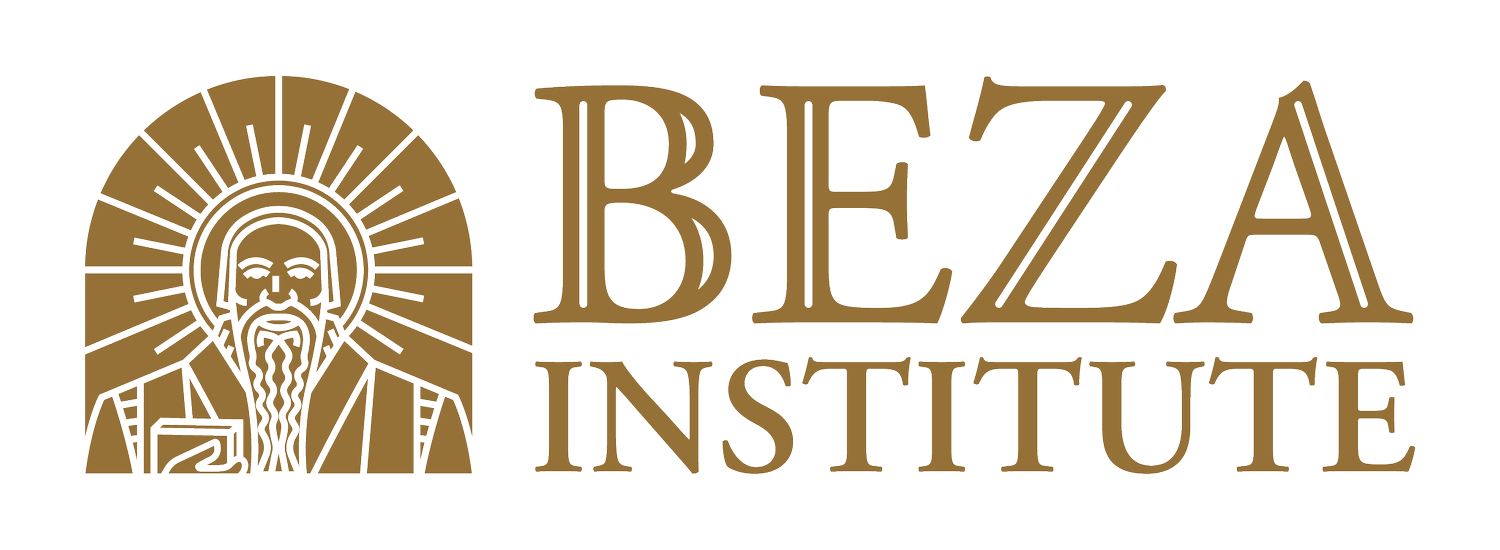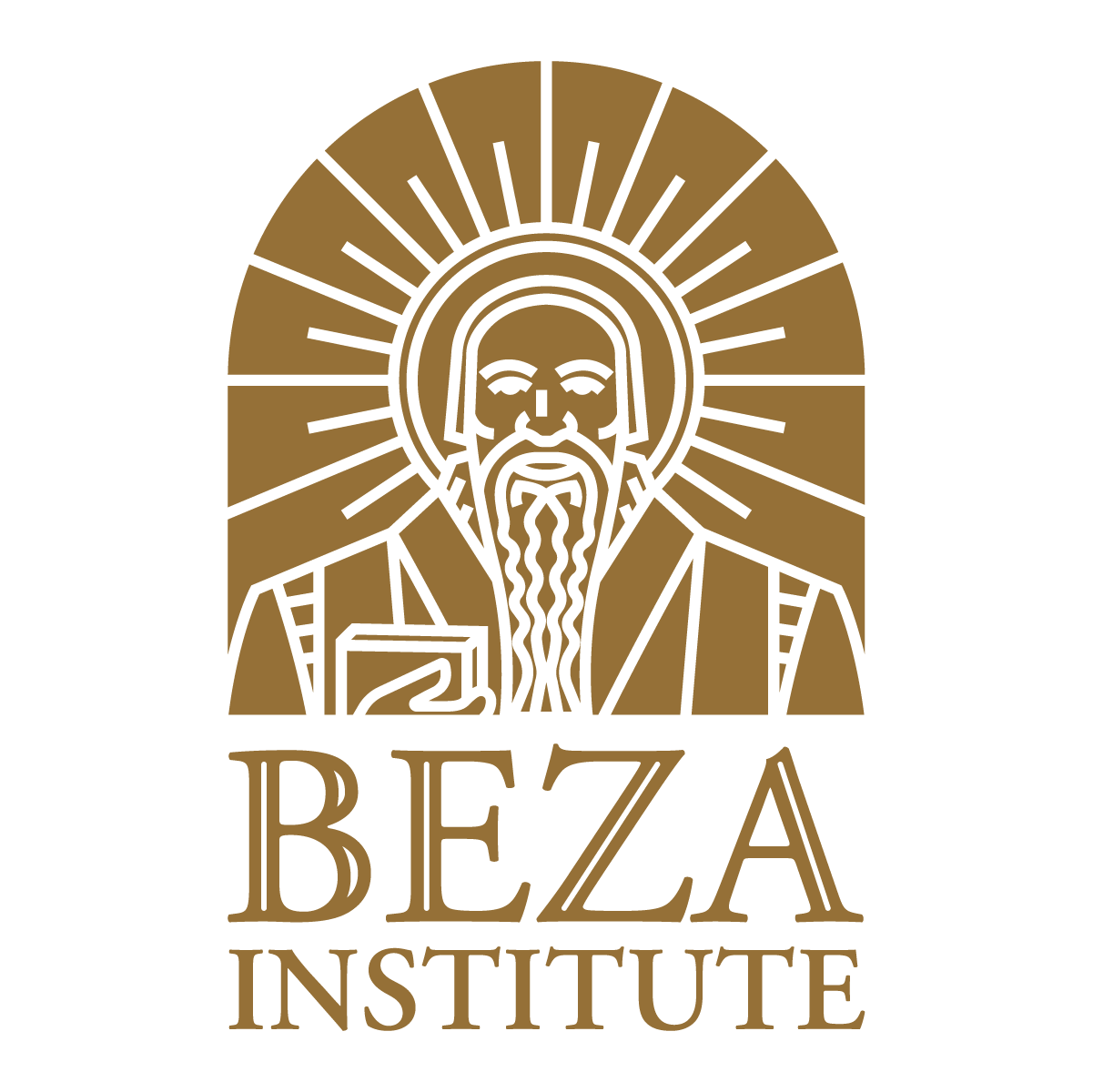A Logic Catechism
What is Logic?
Logic is the study of the laws that govern the thoughts of rational creatures as well as the methods and principles which make for effective communication and argumentation.
From whence does the English term “logic” come?
The English term “logic” is a derivative of the Greek word λόγος which may be variously translated as “word” or “reason.”
Why should the concept of λόγος be especially important to Christians?
The concept of λόγος should be especially important to Christians because the Gospel of John identifies Jesus, the divine Son of God, as the λόγος when he wrote, “In the beginning was the λόγος, and the λόγος was with God, and the λόγος was God.…and the λόγος became flesh and dwelt among us, and we have seen his glory, glory as of the only Son from the Father, full of grace and truth.”
How many things can be inferred from the fact that the divine Son of God, Jesus Christ, is revealed to mankind as the λόγος?
From the fact that Jesus is revealed to mankind as the λόγος we may infer at least three things.
What is the first thing we may infer from the fact that Jesus is the λόγος?
The first thing we may infer from the fact that Jesus is the λόγος is that reason is a gift to mankind, from the Father, and that reason proceeds from God alone.
What is the second thing we may infer from the fact that Jesus is the λόγος?
The second thing we may infer from the fact that Jesus is the λόγος is that God cares very much about clearly communicating truth in such a way that it is plain to all.
What is the third thing we may infer from the fact that Jesus is the λόγος?
The third thing we may infer from the fact that Jesus is the λόγος is that Jesus is God’s ultimate communication, to mankind, of his exact nature and character, so that man may truly know him as he is through the divine Son of God.
What does it mean to say that Logic studies the “laws that govern the thoughts of rational creatures?”
To say that “Logic studies the laws that govern the thoughts of rational creatures” is to acknowledge that there are certain immutable truths about reasoning which rational creatures did not make, cannot violate, and to which they are necessarily and inescapably bound, if they are to think or communicate ideas with clarity.
From whence do the laws of logic come?
The laws of logic are reflections of, and determined by, the perfect, eternal, and immutable nature of Yahweh, the one true and living God, who made all things, both visible and invisible, which are not identical to himself.
How many immutable laws govern the thoughts of rational creatures?
There are three immutable laws which govern the thoughts of rational creatures.
What is the first immutable law of logic?
The first immutable law of logic is the Law of Identity.
What does the Law of Identity state?
The Law of Identity states that every being is identical to itself.
Why is the Law of Identity important?
The Law of Identity is important because it demonstrates that any real difference constitutes the existence of more than one being.
What is the second immutable law of logic?
The second immutable law of logic is the Law of the Excluded Middle.
What does the Law of the Excluded Middle state?
The Law of the Excluded Middle states that every statement is either true or false.
Why is the Law of the Excluded Middle important?
The Law of the Excluded Middle is important because it demonstrates that there is no third possibility, or middle ground, between a statement’s being either true and false.
What is the third immutable law of logic?
The third immutable law of logic is the Law of Non-Contradiction.
What does the Law of Non-Contradiction state?
The Law of Non-Contradiction states that no statement can be both true and false at the same time or in the same sense.
Why is the Law of Non-Contradiction important?
The Law of Non-Contradiction is important because it clarifies that the only way a single statement can be simultaneously understood as both true and false is when it is applied to two different periods of time or when one or more terms in the statement are taken to mean two fundamentally different things.
What does it mean to say that Logic studies “the methods and principles which make for effective communication and argumentation?”
To say that “Logic studies the methods and principles which make for effective communication and argumentation” is to acknowledge that certain men have not only discovered the laws of Logic, but they have also created and systematized approaches to the use of human reasoning which are highly effective for the sake of clear communication and argumentation.
What are the primary branches of Logic which men have developed?
The primary branches of Logic which men have developed are Material, Deductive, and Inductive Logic.
What is Material Logic?
Material logic is the branch of Logic which studies the structure and parts of statements in order to analyze the information it contains and to determine the meaning a particular statement communicates.
What is Deductive Logic?
Deductive Logic is the branch of Logic which studies the composition of arguments, the relationships between statements, and the means by which a definite conclusion can be reached from particular information.
What is Inductive Logic?
Inductive Logic is the branch of Logic which studies the use of probabilistic reasoning and argumentation wherein the probability of an argument’s conclusion being true corresponds to the amount and quality of available information, but where the conclusion is always less than absolutely certain.
Why should I, as a Christian, study Logic?
I, as a Christian, should study logic because it pleases the Lord that I should grow in my likeness to him, who always knows truth from falsehood, and only ever says and defends that which is true. Further, my ability to think more clearly, and discern truth more certainly, allows me to better understand all that God has revealed to man about himself, both in creation and in the sacred Scriptures.
This article was originally published on Study the Great Books. It is republished here with permission.

